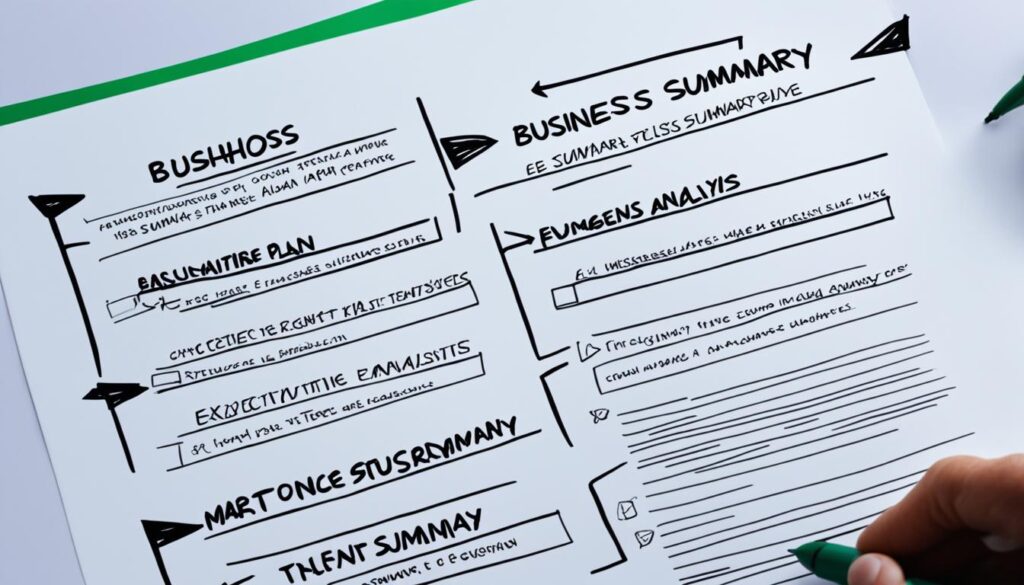Starting a Virtual Assistant Business Explained
Are you interested in starting your own business? Have you considered becoming a virtual assistant? A virtual assistant business is a flexible and rewarding career path that allows you to support businesses and entrepreneurs remotely with tasks such as administrative support, social media management, and customer service. If you’re wondering what a virtual assistant business is, it’s essentially a business where you offer virtual assistant services to clients. The good news is that you can start your virtual assistant business with minimal investment, and the demand for virtual assistants continues to grow as more businesses go online. In this section, we’ll explore the key steps you need to take to start a virtual assistant business, along with the different types of virtual assistant companies you can work with. Key Takeaways A virtual assistant business is a flexible and rewarding career path that allows you to support businesses and entrepreneurs remotely. Starting a virtual assistant business requires minimal investment, and the demand for virtual assistants continues to grow as more businesses go online. You can work with different types of virtual assistant companies, such as specialized agencies, online marketplaces, or as an independent contractor. Virtual Assistant Services and Job Description If you’re wondering what a virtual assistant does, the answer is that they can do a lot! Virtual assistants offer a range of services to clients, from administrative tasks to more specialized work like social media management or customer service. As a virtual assistant, your job description will be varied depending on the client’s needs. Some common tasks include: Administrative support: This can range from scheduling appointments to managing email inboxes to data entry. Social media management: Many businesses need help creating and managing social media content, interacting with followers, and running ads. Customer service: Responding to customer inquiries and resolving issues can be a significant part of a virtual assistant’s job. Content creation: Some clients may need help with writing, editing, or designing content for their website or marketing materials. Of course, this is just the tip of the iceberg. Depending on your skills and interests, there are plenty of other virtual assistant services you could offer, such as podcast production, bookkeeping, or website maintenance. So, what does it take to be a successful virtual assistant? Along with strong organizational skills and attention to detail, virtual assistants should also be self-motivated and excellent communicators. It’s also essential to have a reliable computer, high-speed internet connection, and the software and tools needed to complete tasks efficiently. Now that you have a better understanding of the virtual assistant services you could provide and what the job entails, it’s time to explore your options and start building a successful virtual assistant business. Tools, Salary, and Training for Virtual Assistants Being a virtual assistant requires having access to the right tools and resources to perform your duties successfully. Here, we’ll outline the most important tools you need to have in your virtual assistant toolbox: Virtual Assistant Tools Tool Description Communication Apps Slack, Skype, Zoom, Google Meet Project Management Tools Asana, Trello, Basecamp, Monday.com Time-Tracking Software Toggl, Harvest, Clockify Cloud File Storage and Sharing Google Drive, Dropbox, OneDrive Social Media Management Tools Hootsuite, Buffer, Later Email Management Tools Boomerang, SaneBox, Mailbutler As for salary, the average hourly rate for virtual assistants in the United States is around $17 per hour, with some experienced virtual assistants earning as much as $40+ per hour. The salary can vary depending on the range of services offered, level of expertise, and the industry you work in. It’s important to note that investing in virtual assistant training and skill development can greatly boost your earning potential. Consider taking online courses, webinars, or attending virtual assistant conferences to stay up-to-date on industry trends and best practices. “Learning how to use the latest virtual assistant tools and staying up-to-date on best practices is essential for success in this field.” Conclusion Starting your own virtual assistant business can be an exciting and lucrative career path. As a virtual assistant, you have the freedom to work from anywhere, set your own schedule, and choose the clients you work with. Throughout this article, we have discussed the basics of starting a virtual assistant business, including the different types of services you can offer, the tools you need to succeed, and the typical salary ranges for virtual assistants. Remember that building a successful virtual assistant business takes time and effort, but the rewards are well worth it. With dedication and hard work, you can create a thriving business that allows you to enjoy both financial and personal freedom. We hope this article has provided you with the information and encouragement you need to take the next step in your journey as a virtual assistant. Good luck! FAQ What is a virtual assistant business? A virtual assistant business is a company that provides remote administrative and support services to clients. Virtual assistants work remotely, utilizing technology to communicate and complete tasks for their clients, offering flexibility and convenience. How do I start a virtual assistant business? To start a virtual assistant business, you need to identify your target market, define your services, set up your business structure, and create a website to showcase your offerings. It’s also essential to market yourself and build a strong client base through networking and effective marketing strategies. What are the different types of virtual assistant companies? There are various types of virtual assistant companies, ranging from large corporations to small businesses and individual freelancers. Some virtual assistant companies specialize in particular industries or services, while others offer a broad range of general administrative support. What services do virtual assistants provide? Virtual assistants offer a wide array of services, including administrative tasks such as managing emails, scheduling appointments, and organizing documents. They can also handle social media management, customer service, graphic design, content creation, and more, depending on their skills and the needs of their clients. What is the job description of a virtual assistant? The job description of a virtual
Starting a Virtual Assistant Business Explained Read More »







